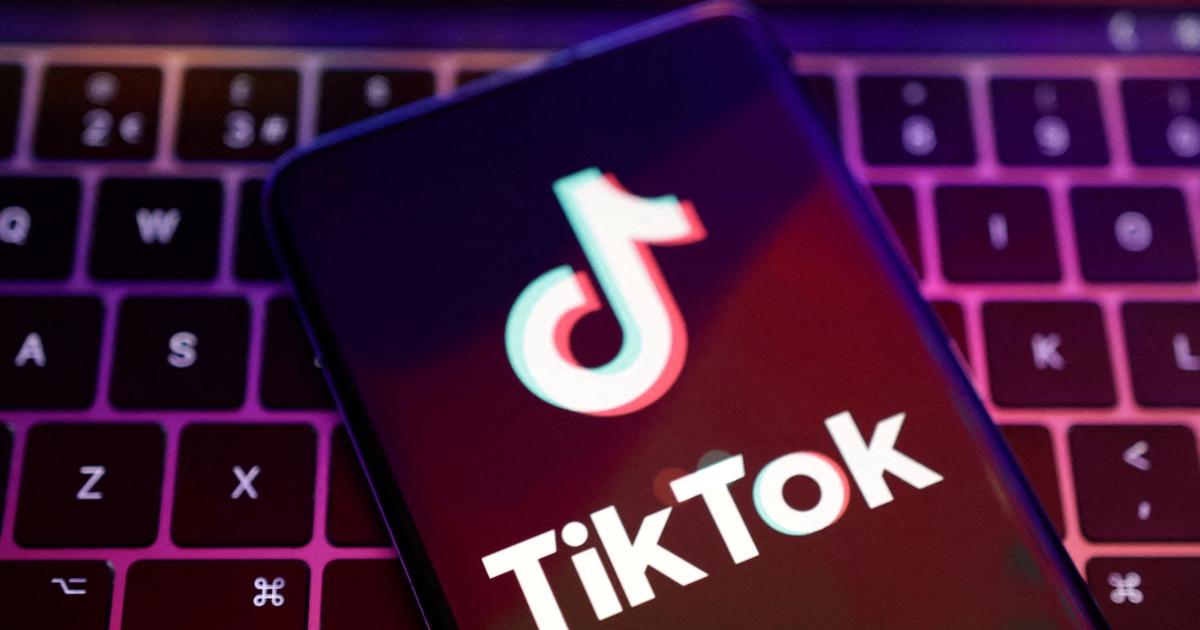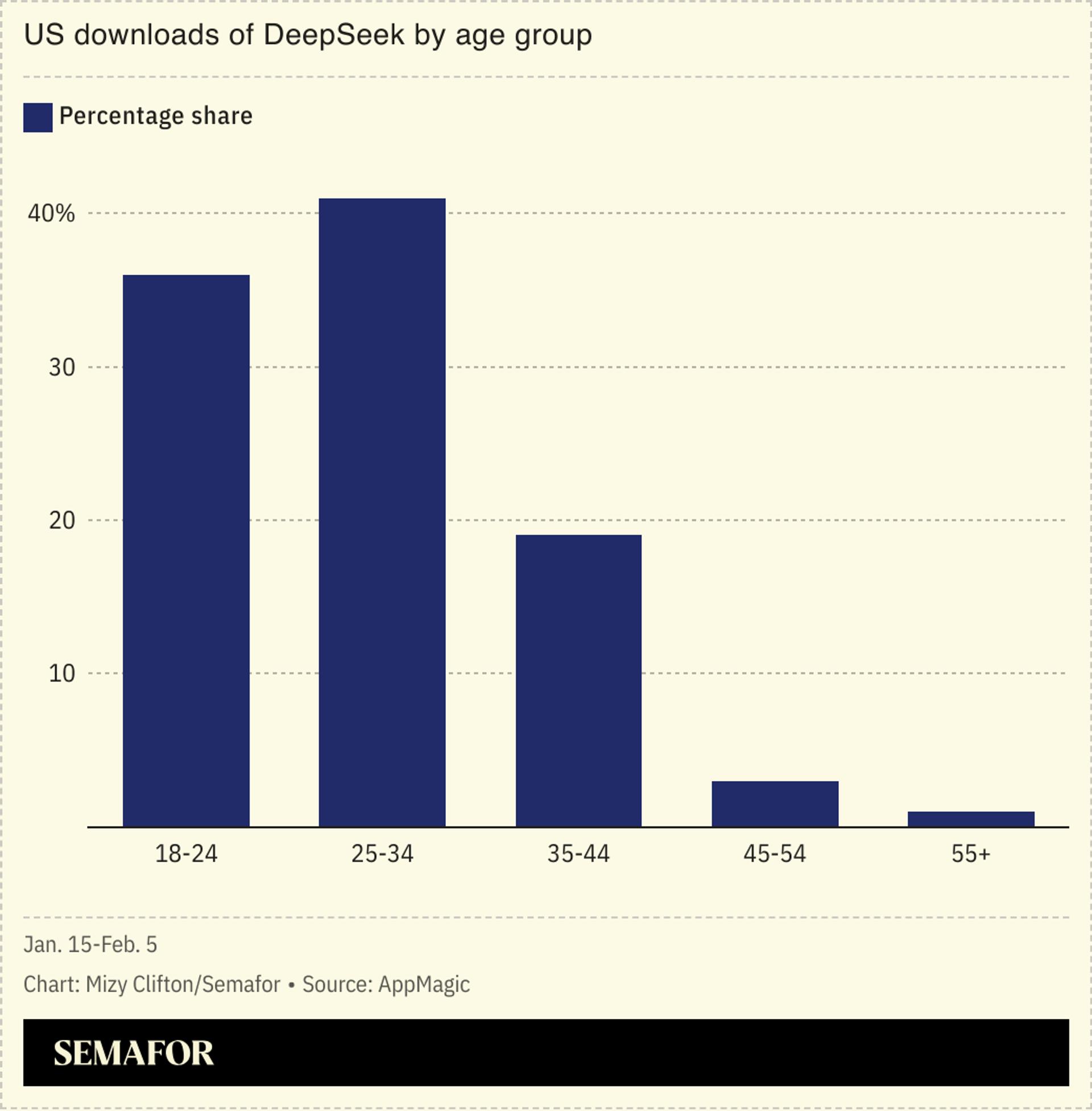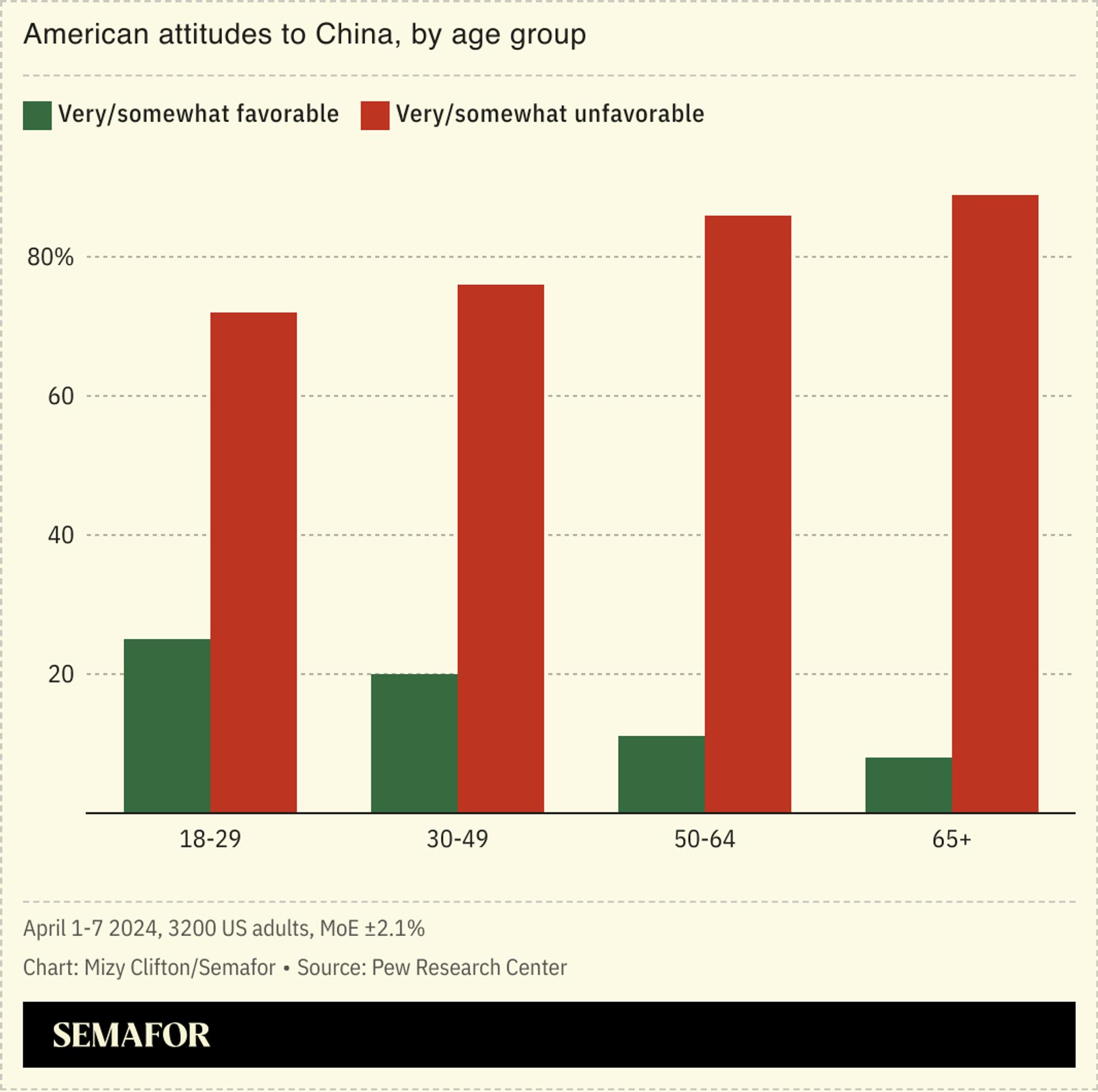You are using an out of date browser. It may not display this or other websites correctly.
You should upgrade or use an alternative browser.
You should upgrade or use an alternative browser.
UPDATE 1/20: TRUMP EXECUTIVE ORDER: SELL TIKTOK TO US OR WE'RE TARIFFING CHINA. You have 75 days!!!!
- Thread starter RamsayBolton
- Start date
More options
Who Replied?She's a whore..





I searched her name after the tiktoks you posted and all of this came up

it never fails
And give up there algorithms? LOL yeah that’s not happening. Keep in mind, America isn’t Tik Tok biggest base, it’s actually Indonesia.
Facebook banned in Uganda but tiktok still working
Twitter needs a ban too..
Apparently Mr. Beast has put in his bid with a group of investors to buy TikTok
That suspected pedo..?Apparently Mr. Beast has put in his bid with a group of investors to buy TikTok

The president is a rapist and his homies ran international trafficking rings.That suspected pedo..?
You need to update your one liners in 2025.
Trump open to Elon Musk or Larry Ellison buying TikTok
7:01 AM PST · January 22, 2025

Image Credits: Chip Somodevilla / Getty Images
President Donald Trump has said he would be open to Tesla CEO Elon Musk or Oracle chairman Larry Ellison buying TikTok as part of a joint venture with the U.S. government.
Trump was asked at a press conference on Tuesday if he was open to “Elon buying TikTok.” He responded that he would be, and added: “I’d like Larry to buy it, too.”
Trump signed an executive order on Monday to delay the TikTok ban deadline by 75 days and told the Department of Justice not to enforce the ban’s penalties. While the app is back online, it’s still missing from app stores.
To save the app, Trump is considering an arrangement where the government gives the company a permit to operate in the U.S. in exchange for half of TikTok.
“I have the right to make a deal,” Trump said. “So what I’m thinking about saying to somebody is buy it and give half to the United States of America, half, and we’ll give you the permit.” Topics
Apps , Donald Trump , Elon Musk , Government & Policy , In Brief , Larry Ellison , Social , TikTok , TikTok Ban
7:01 AM PST · January 22, 2025

Image Credits: Chip Somodevilla / Getty Images
Trump open to Elon Musk or Larry Ellison buying TikTok
President Donald Trump has said he would be open to Tesla CEO Elon Musk or Oracle chairman Larry Ellison buying TikTok as part of a joint venture with the U.S. government.
Trump was asked at a press conference on Tuesday if he was open to “Elon buying TikTok.” He responded that he would be, and added: “I’d like Larry to buy it, too.”
Trump signed an executive order on Monday to delay the TikTok ban deadline by 75 days and told the Department of Justice not to enforce the ban’s penalties. While the app is back online, it’s still missing from app stores.
To save the app, Trump is considering an arrangement where the government gives the company a permit to operate in the U.S. in exchange for half of TikTok.
“I have the right to make a deal,” Trump said. “So what I’m thinking about saying to somebody is buy it and give half to the United States of America, half, and we’ll give you the permit.” Topics
Apps , Donald Trump , Elon Musk , Government & Policy , In Brief , Larry Ellison , Social , TikTok , TikTok Ban
Last edited:

Gen Z ‘nihilism’ over Chinese tech fears shows gulf with Washington
US policymakers’ focus on national security doesn’t resonate with younger generations as it has historically, analysts said.
Gen Z ‘nihilism’ over Chinese tech fears shows gulf with Washington
Mizy Clifton
Feb 7, 2025, 1:10pm EST
techpoliticsNorth America

EmailWhatsapp
US lawmakers on Thursday said they planned to introduce a bipartisan bill to ban Chinese AI startup DeepSeek’s chatbot from government-owned devices, citing national security concerns, in a move that echoed one of Congress’ first pushes against TikTok two years ago.
However, younger generations in the US appear unfazed by the debate over security threats posed by Chinese-owned tech, with app downloads of TikTok, RedNote, and DeepSeek soaring among Gen Z users.
TikTok’s anticipated shutdown in January prompted thousands of “TikTok refugees” to flock to Chinese alternative Xiahohongshu, referred to as Rednote in English. Many joked they were “Chinese spies” on a mission to troll the US government — a reference to fears over Beijing’s surveillance of users via the app.
A similar dynamic is playing out around DeepSeek; it is in the crosshairs of several governments around the world, though some officials and experts claim that data security fears are overblown.
More than three-quarters of US downloads of DeepSeek’s chatbot since Jan. 15 were by users aged 18-34, according to data from market intelligence firm AppMagic shared with Semafor.

“It’s a post-Snowden and post-WikiLeaks generation that throws its hands up in the air and says, ‘we don’t care about the Chinese spy, everyone has our data,’” Elizabeth Ingleson, an international history professor at the London School of Economics and Political Science told Semafor.
Some analysts have suggested the start of a new Cold War between the US and China, but what Ingleson described as Gen Z’s “nihilism” suggests “a very different sort of relationship between public opinion and policymakers,” where government attempts to sow fear don’t resonate in the way they have historically.

Know More
The US is generationally divided over China more broadly: 18-29 year-olds are most likely to hold favorable views of the country, and support declines steadily with age, according to polling by Gallup and the Pew Research Center.

Attitudes toward China may be tied to more deep-rooted divisions in US society, Madeline Carr, a global politics and cybersecurity professor at University College, London told Semafor.
TikTok lets young people “peek into cultures that they wouldn’t normally have access to,” she said. When combined with other grievances that polls have found, such as the feeling of being worse off than one’s parents, this exposure makes the story of American greatness in relation to the rest of the world more difficult to sustain, she said.

The View From China
Beijing appeared to largely cheer on the influx of US users to RedNote last month: A foreign ministry spokesperson said that China “supports and encourages stronger people-to-people and cultural exchanges between China and other countries.”
Chinese state media also endorsed the trend. “RedNote has become a message board for the people of China and the US, reflecting the simple wish of both countries and the international community for a world of peace, prosperity, and universal security…[The future of the US-China relationship] depends on the youth,” Global Times’ editorial board wrote in January.
One Hong Kong-based columnist argued in the South China Morning Post that the online interactions between young Americans and Chinese helped “debunk Washington’s ‘China threat’ narrative,” which he said, should encourage Beijing to relax its censorship.
However some Chinese social media users, including nationalist bloggers, were less welcoming, Reuters reported. One popular WeChat blogger warned his followers against being influenced by American users, writing, “Propagandists from the United States can easily achieve their goals by following a simple routine - first praise you a few words to make you ‘relax your vigilance’, and then bring their own goods to subtly influence you.”

The View From China Watchers
Policymakers have correctly identified the risks posed by a Chinese-owned version of TikTok, but failed to understand that talking about the platform solely through the lens of national security jars with how a lot of young people see it as a place for entertainment, Samantha Wong from the Atlantic Council’s Global China Hub told Semafor.
“We’re hoping that they’re starting to realize that there needs to be a better way to communicate [the national security risks] to Gen Z,” she said.
US lawmakers worry that TikTok’s content recommendation algorithm could be weaponized by China to spread propaganda and disinformation. But its high-quality algorithm is core to its success in the US, Wong said: “If a non-Chinese company buys TikTok, I think a lot of people would end up leaving TikTok and going to RedNote.”

Notable
- Chinese authorities want to make a favorable impression on the young Americans who move to RedNote, but must also deal with the fact that those users could start producing content that falls foul of censors, the South China Morning Post reported.








